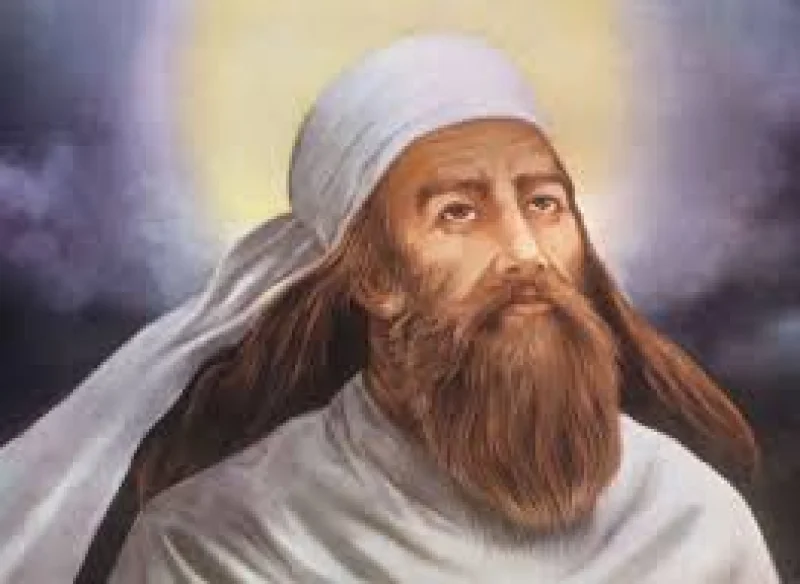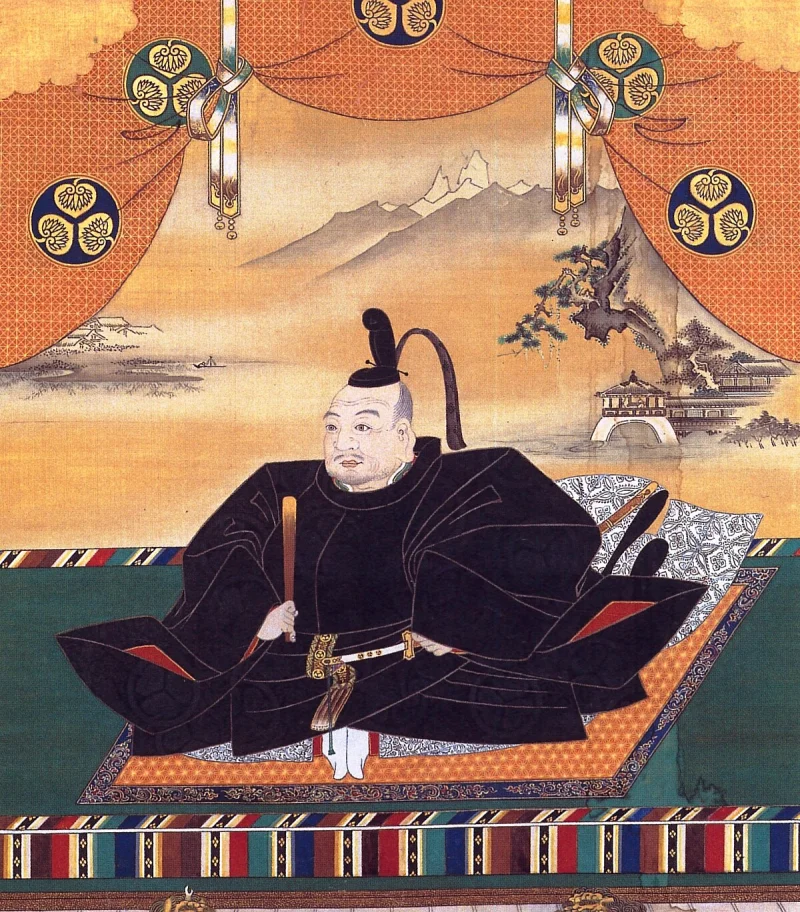Short Summary
Zoroaster, also known as Zarathustra, was an ancient Iranian prophet and the founder of Zoroastrianism, one of the world's oldest continuously practiced religions. His teachings emphasized the duality of good and evil and the importance of individual choice in determining one's fate. Zoroaster is renowned for introducing the concept of a single god, Ahura Mazda, and for his influence on religious thought in Persia and beyond, impacting later religions such as Judaism, Christianity, and Islam.
Early Life & Education
Zoroaster is believed to have been born in northeastern Iran or southwestern Afghanistan around 1500 to 1000 BCE. He was born into the Spitama family, and his father was Pourushaspa, while his mother was Dughdova. Growing up, he showed an early interest in spirituality and religion, which was encouraged by his priestly lineage. Zoroaster was educated in the religious traditions of the time and was well-versed in the polytheistic practices of the ancient Iranians. His early life was marked by a quest for spiritual understanding, which eventually led to his epiphany and the founding of Zoroastrianism.
Career Highlights
Zoroaster's pivotal moment came at the age of thirty when he experienced a divine vision of Ahura Mazda, the supreme god, who revealed to him the principles of a new, monotheistic faith. This vision inspired Zoroaster to preach a message of moral reform and the worship of Ahura Mazda as the one true god. Despite initial resistance, he gained the support of King Vishtaspa, who became a patron of his teachings, allowing Zoroastrianism to spread throughout the region. His work laid the foundation for the Zoroastrian religious texts known as the Avesta, further cementing his legacy.
Major Achievements
- Zoroaster founded Zoroastrianism, a major world religion focused on the worship of Ahura Mazda.
- He introduced the concept of dualism, emphasizing the eternal battle between good and evil.
- He composed the Gathas, hymns that form the core of the Zoroastrian liturgical texts.
- His teachings influenced major world religions, including Judaism, Christianity, and Islam.
Famous Quotes
- "Good thoughts, good words, good deeds."
- "Turn yourself not away from three best things: Good Thought, Good Word, and Good Deed."
Interesting Facts
- Zoroaster's teachings were initially met with skepticism and hostility, leading to his exile.
- He is often depicted as having a radiant aura, symbolizing his divine connection.
- Zoroastrianism was the state religion of the Persian Empire before the rise of Islam.
- The religion still has followers today, particularly in India and Iran.
Legacy / Influence
Zoroaster's influence extends far beyond the confines of his own religion. His teachings on monotheism and the moral struggle between good and evil have shaped religious thought across cultures. The principles he established laid the groundwork for future theological developments, impacting the Abrahamic religions and contributing to the philosophical discourse on ethics and morality.
FAQ
Q: Why is Zoroaster famous?
A: Because he founded Zoroastrianism and introduced the concept of monotheism.
Q: When did Zoroaster live?
A: He is believed to have lived between 1500 to 1000 BCE.
Q: What is a key teaching of Zoroaster?
A: The duality of good and evil and the importance of moral choice.
Q: What are the Gathas?
A: Hymns composed by Zoroaster that form part of the Zoroastrian religious texts.









